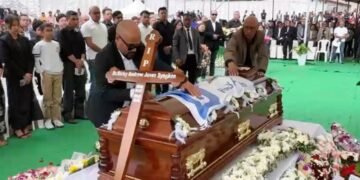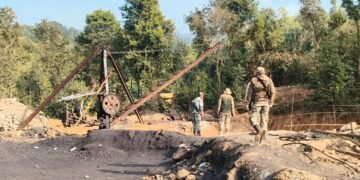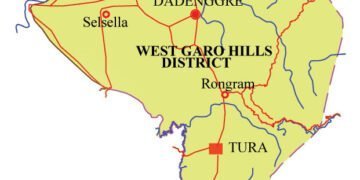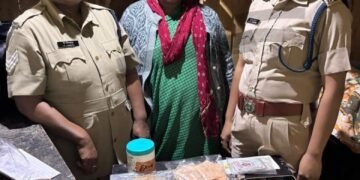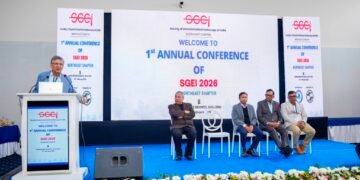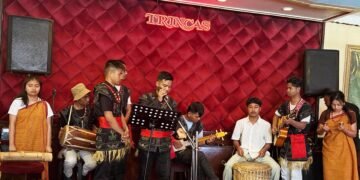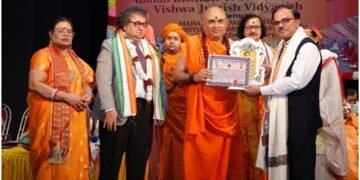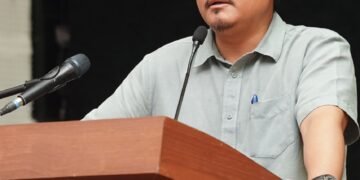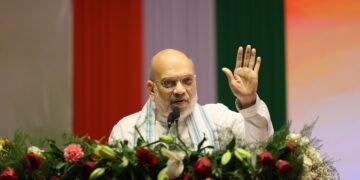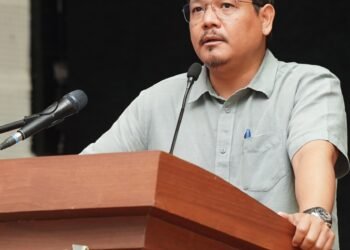National Commission for Protection of Child Rights (NCPCR) Chairperson Priyank Kanoongo has said that the number of children infected with HIV in the state is “alarming”.
According to data provided to the commission, there are around 364 HIV positive children in Meghalaya.
Kanoongo was here to hold meetings with various state departments with regard to protection of child rights.
He said the state government has been asked to examine all children living with HIV, if they are eligible to provide them sponsorship under section 45 of the Juvenile Justice Act for monetary benefits.
On child trafficking, the chairperson said, “We consider it serious and currently we are organising workshops in bordering districts with Bangladesh, Myanmar or Nepal. We are working with security forces and with the district child protection unit and we are providing them with orientations about the situation of trafficking.”
The Meghalaya government has also been asked to conduct a survey of the number of differently abled children. “This is to know if they are lacking the (disability) certificates or their pensions.” The government has asked the state government to expedite the process and to provide them with all their entitlements, he added.
Kanoongo said the Rashtriya Bal Swasthya Karyakram (RBSK) run by the Health department will screen children with disabilities on four Ds – disability, deficiencies, delays and diseases. He stressed on holding a consultative meeting with all line departments and to get disability examinations done by a medical board.
“Whoever is entitled with a certificate for any other benefit should be provided,” Kanoongo said.
The chairperson also said the government has been directed to immediately appoint a chairperson and members to the State Commission for Protection of Child Rights.
The last chairperson of the SCPCR was Iamonlang M Syiem whose term ended in March this year. Recently she was appointed as the chairperson of the Meghalaya State Women’s Commission.
Kanoongo stressed on the need to give children formal education and instructed officials to conduct surveys on Madrassas in the state.
According to data available with the state government, there are two Madrasas in East Khasi Hills and three in West Garo Hills. A total of 494 students are enrolled in the Madrasas, out of which 460 are Muslim students and 34 non-Muslim students.
Kanoongo said during his visit to Ampati in South West Garo Hills district in May he found that there is a prevalence of Madrasas, but the state government was unaware of their existence.
Concerning child labour, the chairperson said in West Garo Hills, six adolescents are engaged in labour and one child labour case has been detected. The Labour department has been directed to provide compensation to children rescued as labourers, he added.
Further, he said the NCPCR has taken cognisance of teenage pregnancies in the state. The matter was discussed at length during the interdepartmental meeting and the commission made suggestions to the state government suggestions to work on them.

